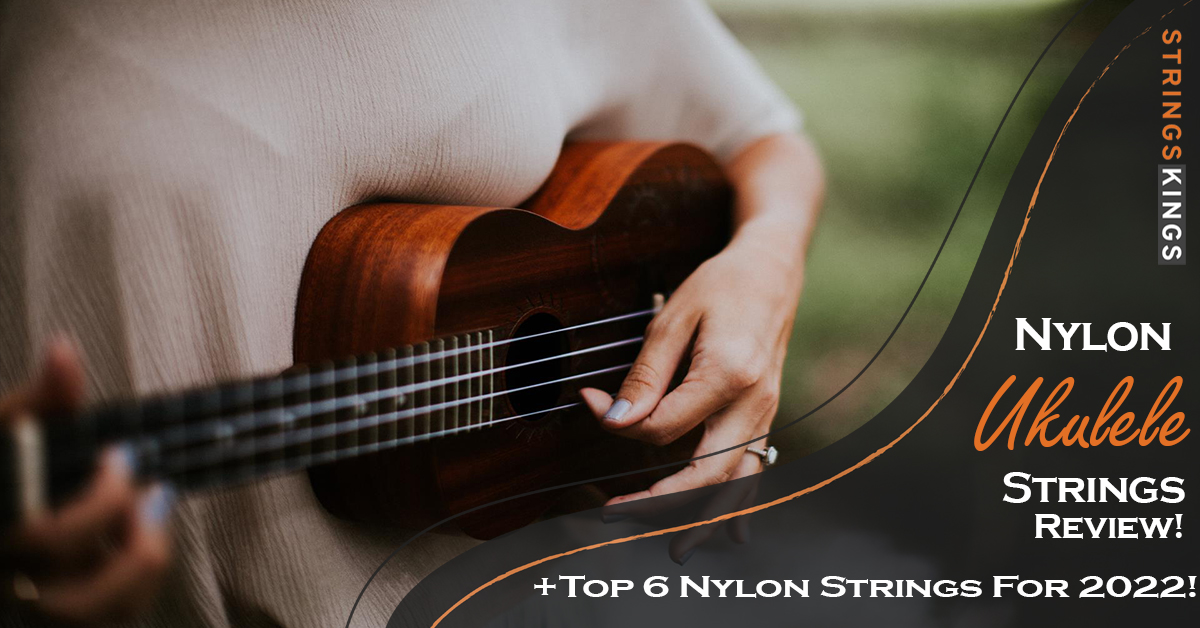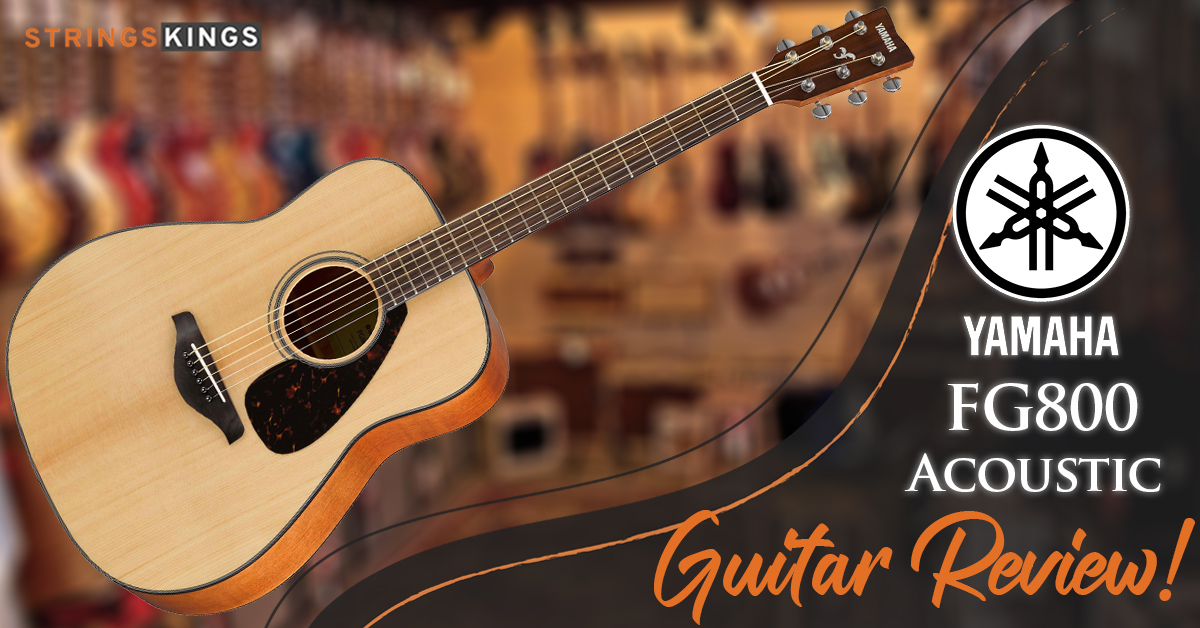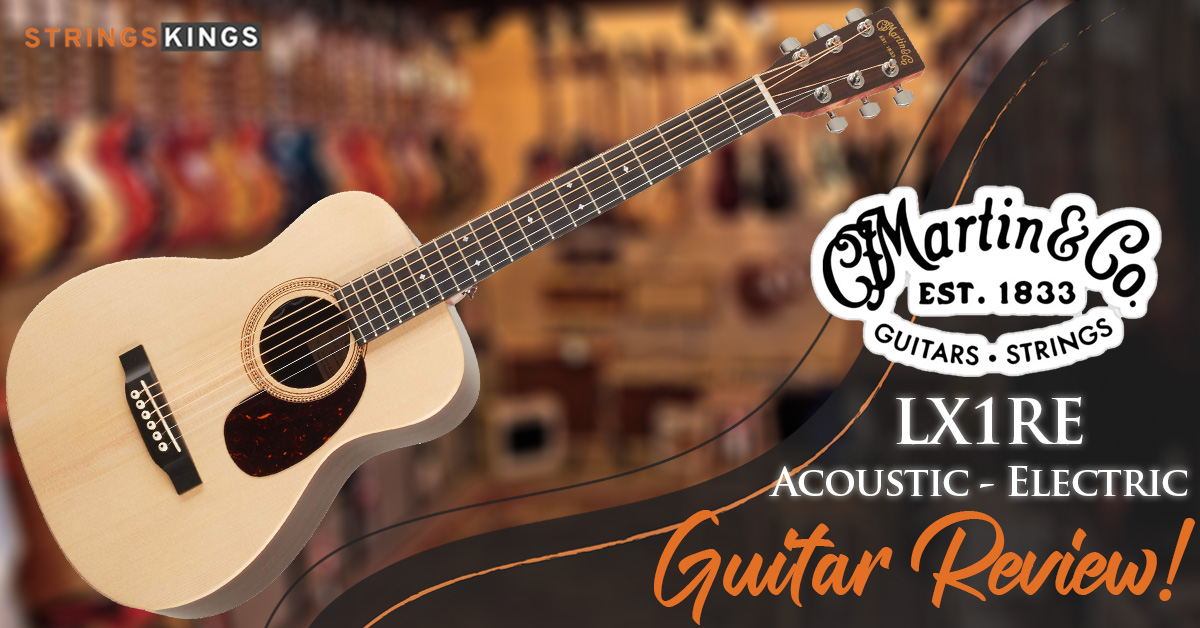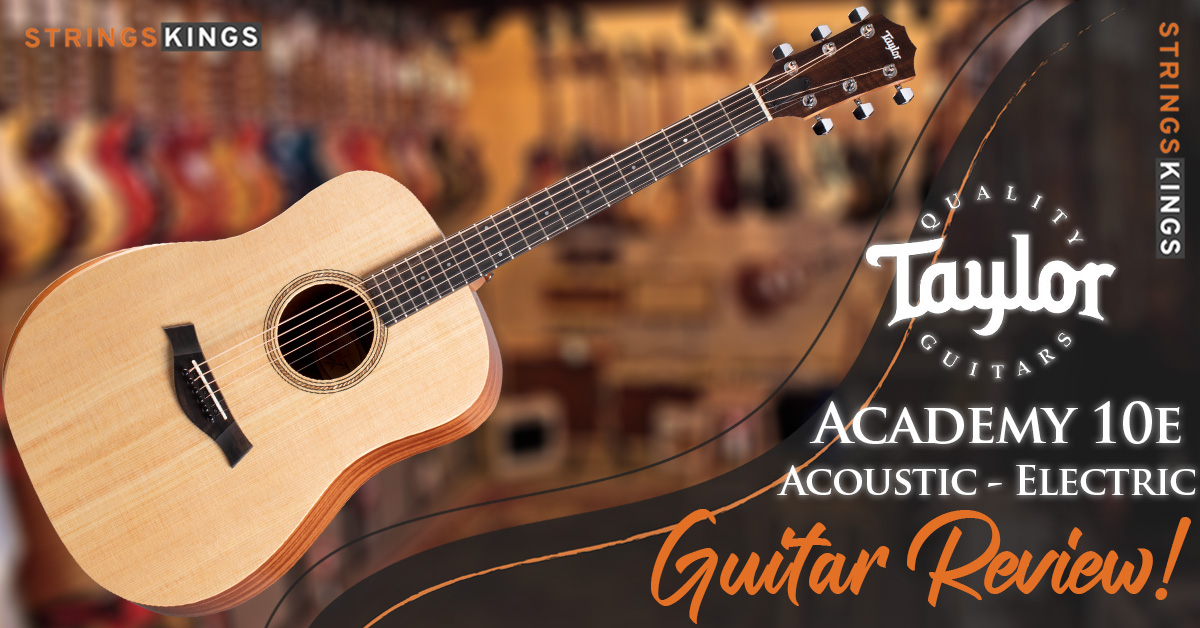Table of Contents
Guitar Vs Ukulele: Which is Easier to Learn?
Which is simpler to play, the guitar or the ukulele? It’s a typical question for people considering learning a stringed instrument. We think the uke is less complicated than the guitar to learn and more accessible to new players.
Remember that this article isn’t about which instrument is “better.” It’s about whether the uke or guitar is simpler to be taught and play. I like both instruments but we think the ukulele is simpler to learn for beginning musicians.
- Soft, low-tension strings: Easier on fingers
- Fewer strings: Less intimidating, less complicated chords, faster initial progress
- Shorter scale: Shorter distance between frets, much less stretching required
- Small dimension: More kid-friendly than most guitars
- Comparable tuning to the guitar: Easy to transition to guitar later on
Whereas there’s no substitute for practice and dedication, the uke has fewer potential studying roadblocks. In my experience, players with no previous experience progress more quickly on a uke, which results in more enjoyment and more time spent playing.
If you wish to learn the guitar, go for it! There’s nothing wrong with beginning on a guitar if that’s what you actually wish to play. Simply remember that the learning curve is a little steeper on guitar.
Size Differences
The obvious difference between guitar and ukulele is dimension. On average, ukuleles are around 35% to 50% smaller than most guitars.
The size difference between a ukulele and a guitar impacts the volume, tone, and playability of every instrument. I talk about these areas in additional detail below.
The image below compares a soprano, concert, and tenor ukulele to a dreadnought guitar, which is the commonest acoustic guitar dimension.
The precise size variations will vary depending on the manufacturer, but they’ll be pretty close to what you see right here.
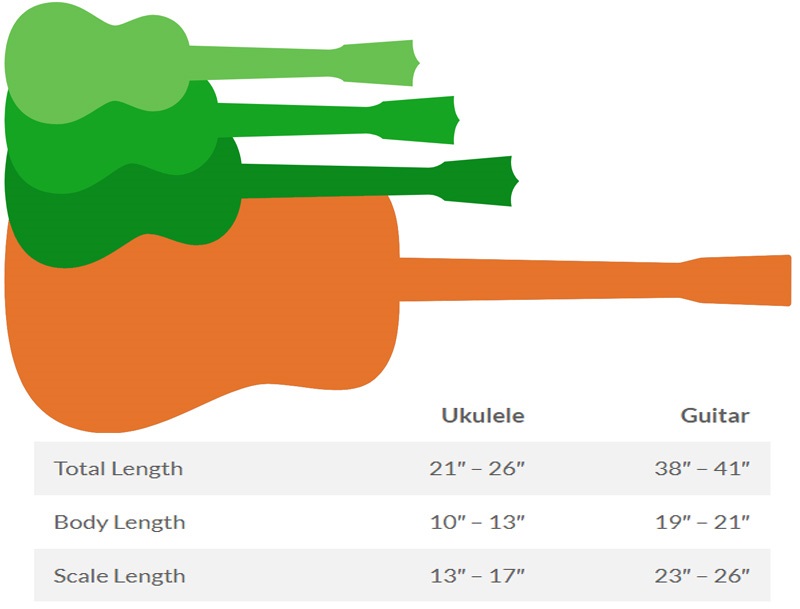
Number of Strings
The variety of strings is another obvious difference between guitars and ukuleles, however, it’s additionally probably the most important.
- Most guitars have six strings
- Most ukuleles have four strings
Since a ukulele has two fewer strings than a guitar, many people think about it as a more easy instrument to be taught.
Fewer strings additionally mean there are many simple ones- and two-finger chords. These simple chords give new players a pleasant “onramp” into the world of stringed instruments and allow them to begin making music quickly.
Type of Strings
Right here’s a brief rundown of the differences between the ukulele strings and guitar strings:
Guitar strings
- Made from metal (often)
- High tension
- The loud, bright tone
Ukulele strings
- Made from nylon or similar flexible artificial materials
- Low tension
- Softer, warmer tone
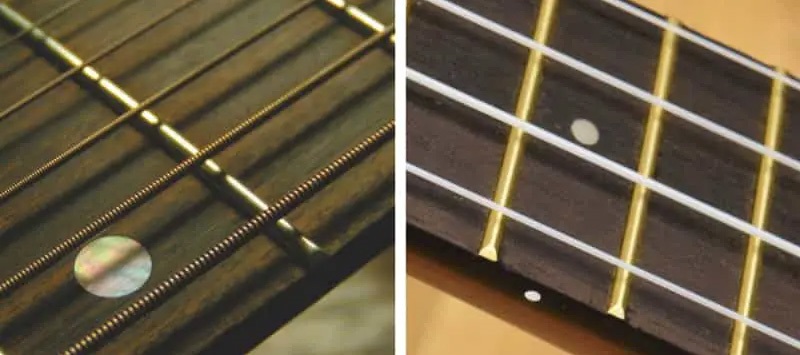
For the most part, uke strings are softer, stretchier, and have less “tight” feeling than guitar strings.
This is among the reasons that the uke is often seen as a more comfy instrument to play than the guitar. It’s additionally a part of the reason ukuleles tend to have an extra warm, delicate tone.
Ukuleles tuned low-G will normally have a single metal string. This string is made from a thin core of artificial threads with a metal winding, very similar to a guitar string.
Tuning Differences and Similarities
These are the notes for traditional ukulele and guitar tunings:
A ukulele is tuned G-C-E-A
A guitar is tuned E-A-G-D-B-E
The ukulele and guitar are tuned differently, however, they’re related.
In case you put your finger (or a capo) across the 4 highest-pitched strings on a guitar on the fifth fret, you’ll get the notes of a ukulele.
In other words, a ukulele is like the top 4 strings of a guitar, but tuned up a fourth.
The image under shows the connection between a guitar and a ukulele fretboard. The green section shows where the notes of a guitar and ukulele overlap.
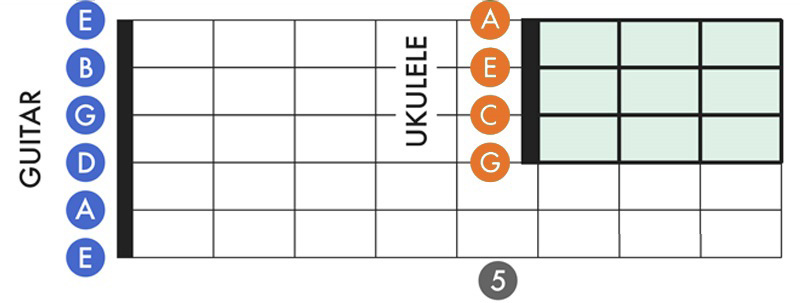
Should you be using normal ukulele tuning, the ukulele’s G string is tuned up an octave. In case you’re using low-G tuning, the notes are exactly the same as the top 4 guitar strings on the fifth fret.
Similar Chord Shapes
These tuning similarities imply that many chord shapes are identical on both instruments.
Some guitar chords work fantastic on a ukulele, as a D guitar chord. Playing this shape on the ukulele results in a G chord, which is fourth higher.
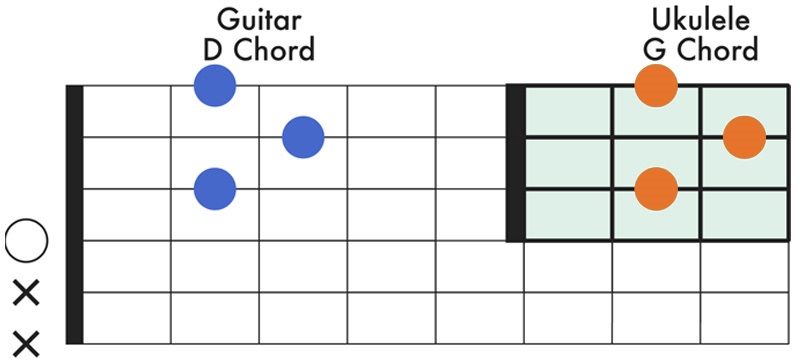
For guitar chords that include the low E or A, you may typically just use the identical shape however remove the bottom two guitar strings.
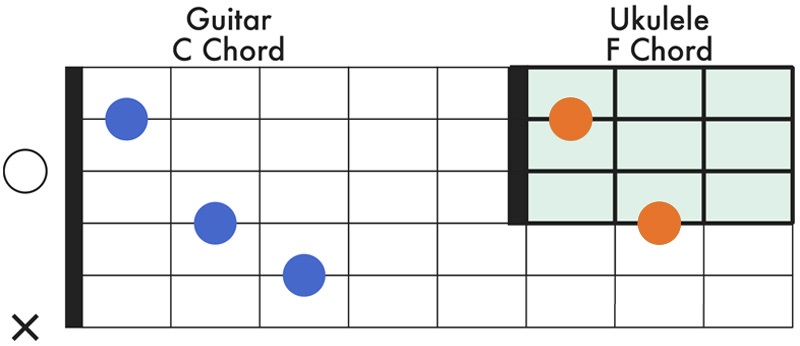
Generally, taking out the bottom two strings of a guitar chord removes necessary notes in the chord.
Transferring a guitar shape directly to the ukulele can lead to a chord that isn’t as well defined and will not sound how you count on it.
Strumming
Ukulele vs. guitar strumming isn’t all that different except for a couple of key things. The uke is way simpler to play with your fingertips than the guitar is. You’re free to play the uke with a hard pick, however, it’s so easy to play with your fingers that you don’t need to. The guitar could be played with your fingertips, however, it takes some time to develop the skills you’ll need to get the proper tone and volume from the instrument.
Guitar strumming will ultimately sound broader and more filled out than the uke due to its bigger size and added strings. However, any simple strumming pattern you find on the guitar will be simply identically played on the uke. It simply takes a bit of practice.
Now we’re going to show you the way to play an easy song on the ukulele and guitar. It’s “Last Night” by The Strokes, and it’s in the key of C major. The chords you’ll play will sound identical on both instruments even though the shapes you’ll use to build the chords will change.
String Tension
String tension is a measure of the “tightness” or “looseness” of the strings on an acoustic instrument.
- Ukulele string tension is around 7 lbs to 13 lbs per string
- Guitar string tension is around 24 lbs to 35 lbs per string
As you may see, the string tension of a guitar is roughly 3 times that of a ukulele.
Every Instrument with high string tension is often louder and brighter sounding, however, the tightness of the strings makes them harder to play. However, low-tension instruments are simpler to play but aren’t able to produce as much volume.
String tension can vary a lot depending on factors like string materials, thickness, and scale length.
Sound Differences
A giant difference between the ukulele and the guitar is tone. However, there are such a lot of variables in an instrument’s building that it’s unimaginable to offer a one-size-fits-all explanation.
Factors like tonewoods, body dimension, and manufacturer all affect tone in ways that may be hard to quantify and describe.
With that in thought, these brief descriptions should offer you a fundamental idea of what to anticipate.
Don’t forget that play style has an enormous effect on tone. For example, aggressive strumming will accentuate fully different traits of an instrument compared to delicate fingerstyle playing.
Guitar tone qualities
Generally, guitars are louder, brighter, and have more bass than ukuleles. This is mostly a result of the guitar’s bigger body, larger pitch range, and high-tension steel strings.
Guitars are sometimes played with a pick, which results in much more volume and brightness.
Ukulele tone qualities
In comparison with the guitar, ukuleles have a quieter, mellower, tone that’s more treble-focused. I’ve seen people describe a ukulele’s tone as gentle, sweet, or harp-like.
These characteristics are mostly because of their smaller bodies, soft strings, and low string tension.
Classical (nylon string) guitars have a tone that’s much like a ukulele, however with the added volume and bass of a guitar.
Scale Length
On a stringed instrument, the scale length is the space between the nut and the saddle. It’s the part of the strings that vibrates while you play.
A ukulele’s scale length compared to the guitar is 25% to 50% shorter, which implies that the frets are closer together on a ukulele.
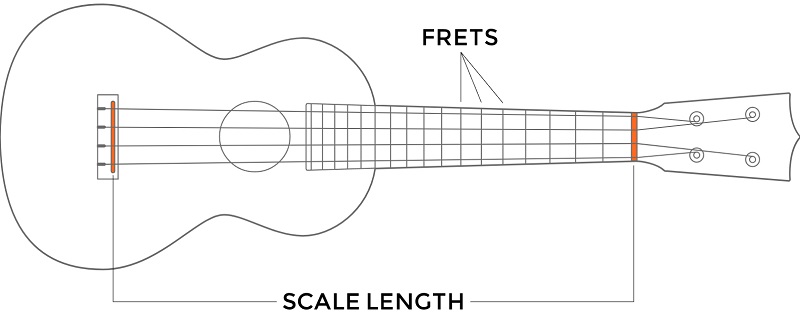
Nearer frets imply that players don’t have to stretch as far to form chords. That is perfect for children, people with smaller hands, or anyone who looking for an instrument that’s comfy and easier to play.
Scale length additionally relates to string tension. Shorter scales usually have lower string tension than longer scales.
Price
Price doesn’t come up usually when discussing the differences between ukulele and guitar, but it’s worth mentioning.
You can buy an excellent beginner ukulele for $50 to $100. This may look like a lot, however, within the realm of acoustic instruments it’s pretty low cost.
A good beginner guitar (by my requirements) goes to cost a bare minimum of $150, and guitars in this price range usually need changes and setup work before they’ll play comfortably.
In case you’re on a budget or searching for an instrument for a kid, I think it makes more sense to purchase an excellent uke for below $100 instead of a so-so guitar for over $150.
Baritone Ukulele Vs. Guitar
Baritone ukuleles are the biggest of the 4 primary ukulele sizes, with a total length of around 26″.
Unlike the other three sizes (soprano, concert, tenor) a baritone ukulele is tuned precisely like the top 4 strings of a guitar: D-G-B-E.
In different words, a baritone ukulele is a sort of a guitar without the 2 lowest strings (E and A). This implies many guitar chords translate directly to a bari uke, however as I warned earlier, some guitar chords won’t sound correct without those bottom two strings.
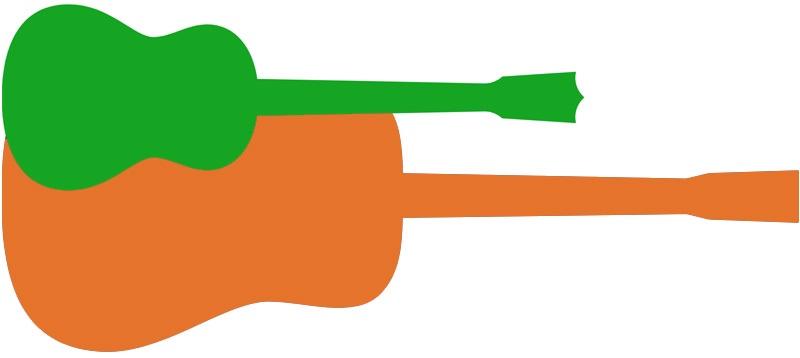
Conclusion
When you make the choice of ukulele vs guitar, it’s time to get started. Studying any instrument requires a little bit of background knowledge, a slight bit of guidance, but lots of practice.
For both ukulele and guitar, it might take weeks or months before you get to the level you want to be at. With a lot of time investment, an important thing is to enjoy it.
In case you need a bit of push to move ahead, explore our website for the entire information you need.

